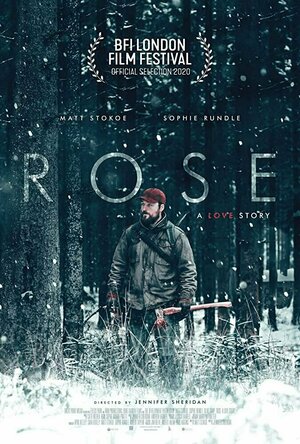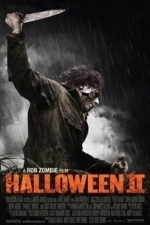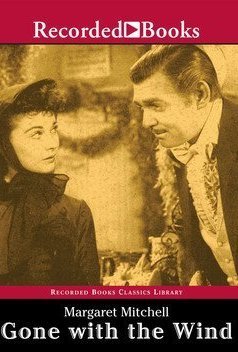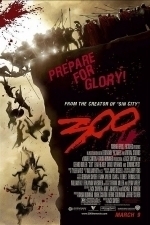Lee (2222 KP) rated Rose: A Love Story (2020) in Movies
Oct 14, 2020
As Sam cautiously goes about his work, rifle in hand, it’s obvious that he is alert and on edge, flinching at the slightest sounds that come from beyond the trees. Persistent, ominous music also informs us that something isn't quite right and succeeds in putting us quickly on edge too. And when Sam does return to the farmhouse, we learn that Rose has been locked inside, with all the windows boarded up, only the slightest slivers of light entering the gloomy rooms.
Sam and Rose are clearly a couple in love, their actions and conversations appearing genuine and normal. But occasionally the topic of conversation veers towards the unusual, and we continue to be drip-fed even more sinister clues as to what’s actually going on in their lives. When Rose cuts herself while preparing dinner, black veins pulse throughout her finger. Meanwhile, Sam heads off to an ultraviolet-lit room, where he attaches leeches to his body, casually sitting to read a book while they set to work, gorging on his blood. When the couple head outside for a walk one night, Rose wears a face mask while Sam doesn’t. And she talks of “a poison inside her”. You have a fairly good idea of what's going on, but the answers to any questions you have don't come easy, and we're constantly left guessing at which direction the movie is going to take.
Jennifer Sheridan’s feature directorial debut has a wonderfully claustrophobic feel to it, perfectly capturing the feeling of isolation against the beautiful backdrop of a Welsh forest in Winter. Questions hang throughout - how did Rose get this way, what kind of life did the couple lead beforehand, what actually is this illness doing or going to do to her? We're kept in suspense throughout and even when a young runaway called Amber stumbles across the couple, and stays with them overnight, the answers still don’t come easy. Amber just has to accept the fact that Sam is dropping his trousers in front of her in order to attach leeches to himself. And that she must sleep with the ultraviolet light on in her room...
As we neared the very end of the movie, I began to wonder if any of those answers would ever come, or if we would be left to make our own minds up. But thankfully a quick and frantic last-minute change of pace changed all of that, and still managed to end on something of a cliffhanger!
Writer Matt Stokoe (who also plays Sam) says of ‘Rose’ that while watching traditional vampire movies he was struck by the macabre, horror aspects of the vampire genre and the general avoidance of emotional depth shown in the figure of the ‘monster’. The result of his observations is a beautifully simple movie that focuses more on the love of a married couple than the monster that threatens to overpower their relationship. Sam shows that he will do anything for Rose as they struggle with her life-altering illness. Theirs is indeed a true love story.
Andy K (10823 KP) rated Halloween II (2009) in Movies
Oct 11, 2018
Haunted by the death of his mother, Michael doesn't know what to do with himself other than continue his murderous rampage in pursuit of his sister, Laurie Strode.
Dr. Loomis has capitalized on his Michael encounters in penning a tell-all book which reveals all the "gory" details.
Yeah this movie is extremely violent at times and sometimes goes in various directions, but why all the negative reviews. IMDb has many, many of them. There are certainly lots of crappier horror movies out there. Maybe because expectations were high after the remake and this one went too far off the proven trail.
I was entertained mostly because I have watched all 10 Halloween movies over the last two weeks and this one I could honestly say I didn't know where it was going.
The Marinated Meeple (1853 KP) rated Gone with the Wind Audiobook in Books
Nov 9, 2018
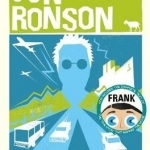
Lost At Sea: The Jon Ronson Mysteries
Book
Updated edition. Now includes the complete text of Frank: The True Story that Inspired the Movie....
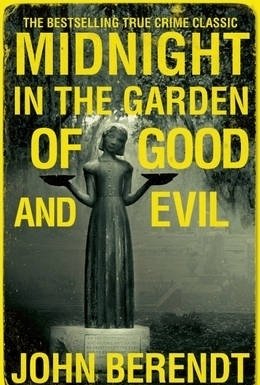
Midnight in the Garden of Good and Evil
Book
Genteel society ladies who compare notes on their husbands' suicides. A hilariously foul-mouthed...
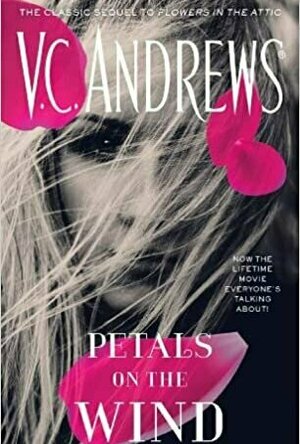
Petals on the Wind (Dollanganger, #2)
Book
On the heels of the successful Lifetime TV version of Flowers in the Attic comes the TV movie tie-in...
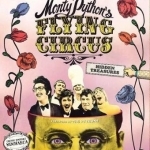
Monty Python's Flying Circus: Hidden Treasures
Book
Carlton Books presents Monty Python's Flying Circus: Hidden Treasures, the complete history of Monty...
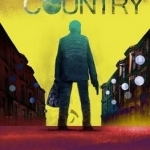
Moon Country
Book
Fifteen years ago, Tommy Hunter committed a terrible crime. Now pursued by his own bad memories and...
Matthew Krueger (10051 KP) rated 300 (2007) in Movies
Jan 5, 2021
The plot: In 480 B.C. a state of war exists between Persia, led by King Xerxes (Rodrigo Santoro), and Greece. At the Battle of Thermopylae, Leonidas (Gerard Butler), king of the Greek city state of Sparta, leads his badly outnumbered warriors against the massive Persian army. Though certain death awaits the Spartans, their sacrifice inspires all of Greece to unite against their common enemy.
The film is a shot-for-shot adaptation of the comic book, similar to the film adaptation of Sin City.
Its a excellent movie and a must see.
David McK (3721 KP) rated Sharpe's Honour in TV
Nov 14, 2021 (Updated Nov 14, 2021)
I say 'based on' as, because while the main thrust of the storyline is the same, the TV movie of necessity abbreviates the novel somewhat: most noticeably (I felt) watering down quite substantially the role of El Matarife in the proceedings.
As this starts, Sharpe is still mourning the death of his wife Teresa, while Napoleon - in his first appearance in the series - is in retreat from Russia, and with Major Pierre Ducos hatching a plan to drive a wedge between the Spanish and British allies while also getting his revenge on Sharpe by provoking a duel between Sharpe and a Spanish nobleman who he (Ducos) later murders, with Sharpe then taking the rap for said murder (until he is later able to prove his innocence).
